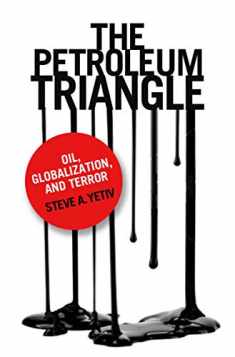
Global Energy Security and American Hegemony (Themes in Global Social Change)
Book details
Summary
Description
This analysis of the United States and energy security examines the close relationship between US military supremacy in oil-rich regions and America's maintenance of global power.
Energy security generally evokes thoughts of American intervention in the Middle East to protect US interests in that region's oil-rich fields. Doug Stokes and Sam Raphael move beyond that framework to consider US actions in Latin America, Central Asia, and Africa. Drawing on State and Defense Department records and other primary sources and previous scholarship, they show how US foreign policy since World War II has sought to maintain a global energy security regime that supports the nation's allies while maintaining American hegemony.
Stokes and Raphael explain how US intervention in energy-rich states insulates and stabilizes those nations' transnationally oriented actors and political economies and why American oil diversification strategy strengthens the country's position against rivals in the global capitalist system. They argue that counterinsurgency aid and other types of coercive US statecraft protect the recipient states from an array of potentially revolutionary armed and unarmed internal social forces, thereby securing the energy supplies of nations deemed strategically important to the United States or its allies.
Clear and accessible, this cutting-edge contemporary policy analysis will engage scholars of US foreign policy and international relations as well as policymakers grappling with the importance of energy security in today's world.


We would LOVE it if you could help us and other readers by reviewing the book
Book review




